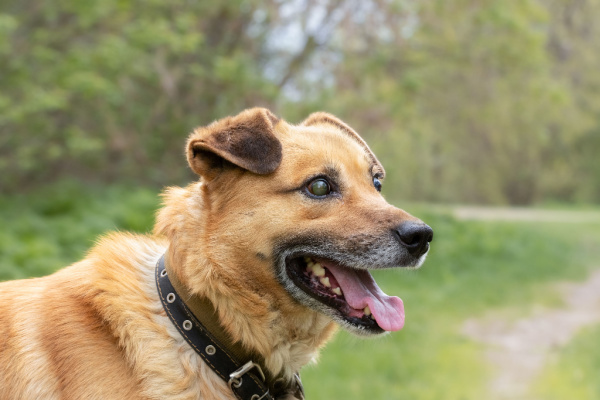On May 3 every year, National Specially-abled Pets Day sheds light on our precious pets with disabilities, from blindness to limb loss. Not only does it educate the public about the need to adopt these special pets from shelters, but it also highlights why they make such exceptional companions and the unique needs to consider when it comes to their care.
Choosing a Specially-abled Pet
When considering pet adoption, most people gravitate to young, healthy pets that will be a part of their family for a decade or more. Due to the popularity of younger pets in optimal health (especially puppies and kittens), specially-abled pets are often overlooked despite being the most in need of a loving home. When selecting your next furry family member, consider the following advantages of adopting a disabled pet.
The advantages of adopting a specially-abled pet include:
- A loving companion who shows eternal gratitude for being welcomed into a caring home
- Witnessing your pet thrive in a healthy environment
- The rewarding feeling of caring for a specially-abled pet
- Saving a life from a shelter
Unique Needs of Specially-Abled Pets
Specially-abled pets come with unique needs depending on their particular disability. In addition to being sure you can accommodate extra veterinary visits and the financial burden that comes with that, you also need to account for the extra time and attention they’ll require depending on their particular health obstacle. Their specific disability is a significant factor in how much medical care they’ll need and how much of your attention they’ll demand.
Common Pet Disabilities include:
- Blindness
- Deafness
- Three leggedness
- Mobility issues
- Chronic diseases such as diabetes
Special training might be necessary for owners of specially-abled pets, including administering injections, safety protocols for blind or deaf pets, and accommodating mobility issues for amputees. The Handicapped Pets Foundation accepts applications for wheelchair donations for pets with mobility issues. In addition, your home might need to be adapted to ensure your pet’s safety, including removing potentially dangerous items in the path of a blind or three-legged animal. Disabled pets might also require special accommodations during the day if you work outside the home, as some need assistance eliminating or medications administered at specific times during the day.
Special Abilities of Disabled Pets
While it’s human nature to focus on the hardships that disabled pets endure and the lifestyle changes required of their owners, these pets also have superpowers that make them entertaining and extraordinary.
Special Abilities of Disabled Pets Include:
- Visually-impaired pets often have heightened senses of smell, hearing, and touch and can easily navigate their environments and play with toys with these adapted senses
- Hearing-impaired pets respond incredibly well to American Sign Language (ASL) commands, as demonstrated by Deaf Dogs Rock.
- Pets missing a limb learn how to play, run, and engage with humans and other pets just as well as their four-legged counterparts
While pets with disabilities come with extra obligations and the need to accommodate their particular needs, they offer just as much love and loyalty as pets in top health (and perhaps sometimes more!). They just need the opportunity to show an owner how wonderful life with them can be.
—
Photo Credit: movchanzemtsova / Shutterstock.com
